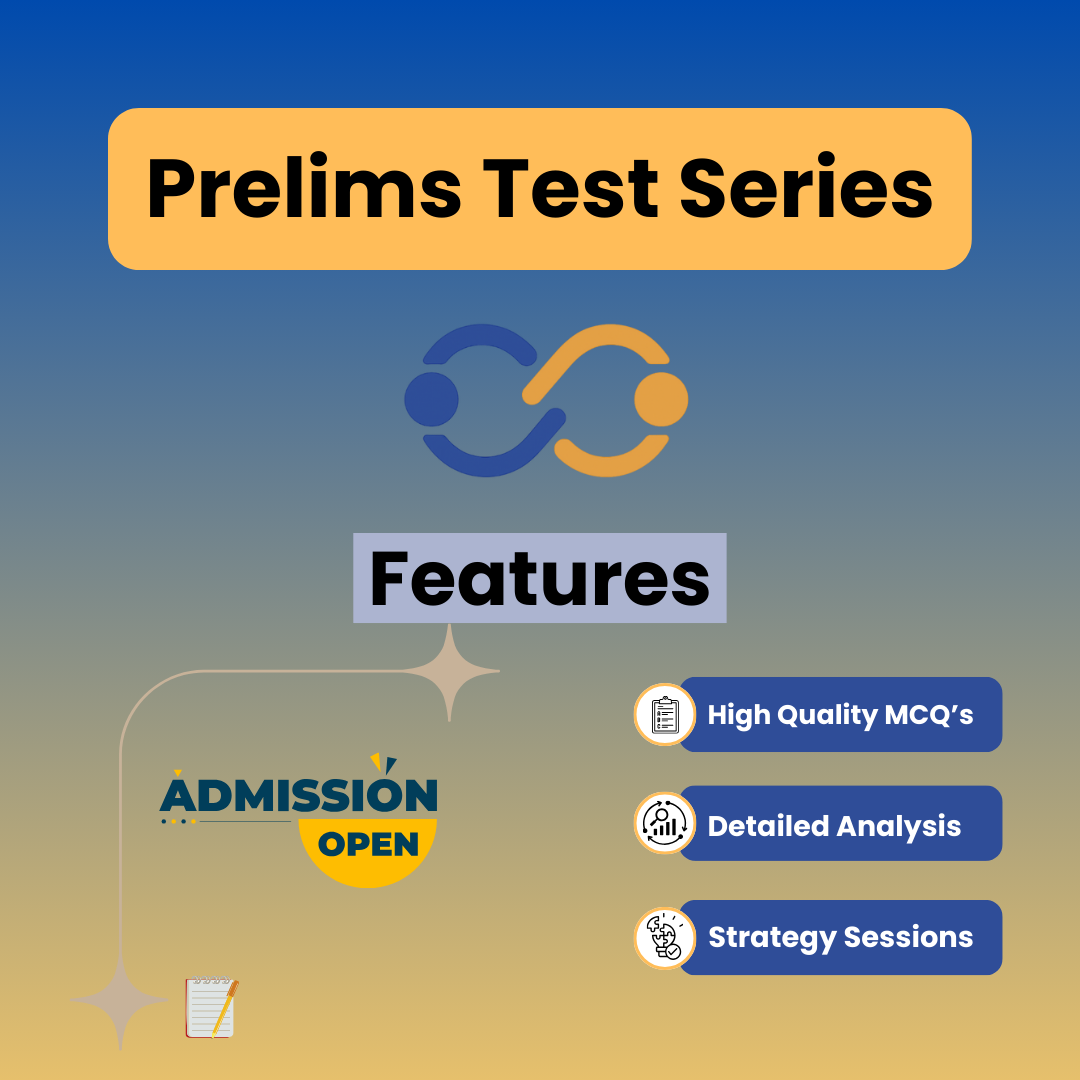Category: Indian Polity & Judiciary
Summary Points:
• Justice B.R. Gavai sworn in as 52nd CJI by President Droupadi Murmu
• First Buddhist to become Chief Justice of India
• Will serve a 6-month tenure till November 23, 2025
• Likely to preside over key cases: Places of Worship Act, Waqf (Amendment) Act
• Part of landmark verdicts: Article 370 abrogation, Electoral Bonds, Rajiv Gandhi case
• Son of Dalit leader and former Governor R.S. Gavai
Detailed Explanation for RAS Mains (In Short Points):
1. Swearing-in Ceremony and Background:
- Justice Bhushan Ramkrishna Gavai took oath as the 52nd Chief Justice of India on May 15, 2025.
- Oath administered at Rashtrapati Bhavan by President Droupadi Murmu.
- Ceremony attended by top dignitaries including the Prime Minister, Vice-President, ministers, and judiciary members.
- Justice Gavai touched his mother’s feet post-oath; PM Modi greeted her, symbolizing cultural reverence.
2. Historic Significance:
- First Buddhist to be appointed as Chief Justice of India.
- Belongs to a Scheduled Caste background; his father R.S. Gavai was a prominent Dalit leader and Governor of Bihar.
- Highlights representation of marginalized communities in the highest judicial office.
3. Professional Journey:
- Born on 24 November 1960 in Amravati, Maharashtra.
- Began legal practice in 1985, with a focus on constitutional and administrative law.
- Elevated as Additional Judge of Bombay High Court in 2003; became permanent in 2005.
- Elevated to the Supreme Court in May 2019.
4. Key Judicial Contributions:
- Part of the SC Bench that upheld abrogation of Article 370, restructuring Jammu & Kashmir.
- Involved in striking down the Electoral Bonds Scheme for lack of transparency in political funding.
- On the Bench that ordered the release of Perarivalan, convict in the Rajiv Gandhi assassination case.
- Supported states’ rights to sub-classify Scheduled Castes, emphasizing affirmative action flexibility.
5. Forthcoming Challenges During Tenure:
- His six-month tenure is expected to oversee:
- Challenges to the Places of Worship Act, 1991 – which mandates status quo of religious places post-1947.
- Legal scrutiny of the Waqf (Amendment) Act, 2025, recently enacted.
6. Constitutional Importance:
- CJI plays a critical role in constituting Constitution Benches, PILs, and administrative functioning of judiciary.
- As per Article 124 and Article 145 of the Constitution, the CJI's directions shape jurisprudence and
judicial processes.
MCQ’s
1. Which of the following statements about Justice B.R. Gavai is correct?
A) He is the first Sikh Chief Justice of India
B) He was elevated to the Supreme Court in 2005
C) He played a key role in striking down the Electoral Bonds scheme
D) He served as the Governor of Bihar before becoming CJI
Answer: C
2. During Justice B.R. Gavai’s tenure as CJI, which of the following legal issues is most likely to be reviewed?
A) Uniform Civil Code
B) Places of Worship Act, 1991
C) GST compensation
D) NITI Aayog reforms
Answer: B
न्यायमूर्ति बी.आर. गवई बने भारत के 52वें मुख्य न्यायाधीश
संक्षिप्त बिंदु:
• राष्ट्रपति द्रौपदी मुर्मू ने न्यायमूर्ति गवई को दिलाई शपथ
• भारत के पहले बौद्ध मुख्य न्यायाधीश बने
• कार्यकाल केवल 6 माह – 23 नवंबर 2025 तक
• महत्वपूर्ण मामलों की सुनवाई की संभावना: पूजा स्थल अधिनियम, वक्फ संशोधन अधिनियम
• ऐतिहासिक फैसलों में रहे शामिल: अनुच्छेद 370, चुनावी बॉन्ड, राजीव गांधी केस
• प्रसिद्ध दलित नेता और बिहार के पूर्व राज्यपाल आर.एस. गवई के पुत्र
विस्तृत व्याख्या (RAS मुख्य परीक्षा हेतु):
1. शपथग्रहण समारोह और पृष्ठभूमि:
- 15 मई 2025 को न्यायमूर्ति भूषण रामकृष्ण गवई ने भारत के 52वें मुख्य न्यायाधीश के रूप में शपथ ली।
- शपथ राष्ट्रपति भवन में राष्ट्रपति द्रौपदी मुर्मू द्वारा दिलाई गई।
- समारोह में प्रधानमंत्री, उपराष्ट्रपति, कानून मंत्री सहित कई वरिष्ठ अधिकारी और न्यायाधीश उपस्थित रहे।
- शपथ के बाद उन्होंने अपनी माता के चरण स्पर्श किए; प्रधानमंत्री ने भी उन्हें अभिवादन किया।
2. ऐतिहासिक महत्व:
- न्यायमूर्ति गवई भारत के पहले बौद्ध मुख्य न्यायाधीश बने हैं।
- अनुसूचित जाति समुदाय से आते हैं; उनके पिता आर.एस. गवई प्रसिद्ध दलित नेता और बिहार के राज्यपाल रहे।
- यह न्यायपालिका में सामाजिक प्रतिनिधित्व की दिशा में महत्वपूर्ण कदम है।
3. पेशेवर यात्रा:
- जन्म: 24 नवंबर 1960, अमरावती, महाराष्ट्र।
- 1985 में वकालत प्रारंभ की; मुख्यतः संवैधानिक और प्रशासनिक कानून में विशेषज्ञता।
- 2003 में बॉम्बे हाईकोर्ट के अतिरिक्त न्यायाधीश नियुक्त हुए; 2005 में स्थायी न्यायाधीश बने।
- मई 2019 में सुप्रीम कोर्ट में न्यायाधीश के रूप में पदोन्नत हुए।
4. प्रमुख न्यायिक योगदान:
- अनुच्छेद 370 को समाप्त करने के निर्णय में शामिल रहे।
- राजनीतिक चंदा पारदर्शिता के अभाव में चुनावी बॉन्ड योजना रद्द करने वाले निर्णय में शामिल।
- राजीव गांधी हत्या मामले में दोषी पेरारिवलन की रिहाई के आदेश देने वाली पीठ का नेतृत्व किया।
- राज्यों को अनुसूचित जातियों के उपवर्गीकरण का अधिकार देने वाले निर्णय का हिस्सा रहे।
5. कार्यकाल के दौरान संभावित प्रमुख मामले:
- पूजा स्थल अधिनियम, 1991 की संवैधानिक वैधता पर सुनवाई।
- हाल ही में पारित वक्फ संशोधन अधिनियम, 2025 की चुनौती।
6. संवैधानिक महत्व:
- मुख्य न्यायाधीश के पास संविधान पीठों के गठन, जनहित याचिकाओं की सुनवाई तथा न्यायपालिका के प्रशासनिक कार्यों की जिम्मेदारी होती है।
- भारतीय संविधान के अनुच्छेद 124 और 145 के अंतर्गत सीजेआई का कार्य अत्यंत महत्वपूर्ण होता है।
MCQs:
1. न्यायमूर्ति बी.आर. गवई के संबंध में निम्न में से कौन-सा कथन सही है?
A) वे भारत के पहले सिख मुख्य न्यायाधीश हैं
B) उन्हें 2005 में सुप्रीम कोर्ट में पदोन्नत किया गया
C) वे चुनावी बॉन्ड योजना को असंवैधानिक घोषित करने वाले निर्णय का हिस्सा रहे
D) वे मुख्य न्यायाधीश बनने से पहले बिहार के राज्यपाल थे
उत्तर: C
2. न्यायमूर्ति बी.आर. गवई के कार्यकाल में निम्न में से किस कानूनी मुद्दे की समीक्षा की संभावना है?
A) समान नागरिक संहिता
B) पूजा स्थल अधिनियम, 1991
C) जीएसटी क्षतिपूर्ति
D) नीति आयोग सुधार
उत्तर: B


